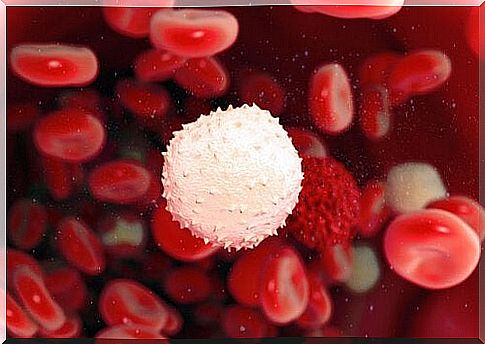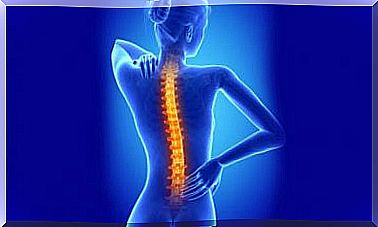6 Signs That Your Muscles Aren’t Right
In all the voluntary and involuntary movements we have every day, the muscles contract.
The muscle complex is made up of more than 650 muscles that, together with the bone system, support the body.
Their activity is closely linked to metabolic functions and, in fact, even if they’re not making an effort, they burn calories.
Furthermore, they are essential for each of the activities that imply the displacement and strength of the body. That’s why it’s convenient to keep them in good condition.
Even when something isn’t working well, they send out some warning signals that allow you to avoid more complex problems.
Although many do not care, the diseases and symptoms that affect us usually say something about health.
Find it out!
1. You have an electrolyte imbalance
Imbalances in electrolyte levels are often common among athletes and people who do physically demanding work.
The excess of sweating that is generated during these activities brings with it the expulsion of mineral salts. So, later on, it can generate this kind of imbalance.
- It is always necessary to overlay minerals through healthy foods and enriched drinks.
- Ignoring this situation tends to increase the risk of muscle damage. N most often is the cause of pain and cramps.
2. You suffered a strain
If there is a sudden sensation of pain when performing specific movements, it may indicate that a strain has occurred.
- Unlike typical pain after training, these manifest themselves almost immediately and only when doing some activities.
- Its intensity may vary depending on the severity level. However, it usually increases when significant effort is made.
3. Your defenses have lowered

Muscle pain and weakness are the first to warn of a decrease in the activity of the body’s defense mechanisms.
- Muscles often feel tired when the immune system does not react to some disease-causing agents.
- Feeling your body sore for no apparent reason and suffering from muscle fatigue can indicate that you are close to a heart attack.
This is because the body starts using inflammatory processes to attack viruses. Therefore, the muscles are affected.
4. You are dehydrated
Despite the fact that on hundreds of occasions we have been highlighted the importance of consuming water, many still continue to drink it in minimal amounts.
- This vital fluid participates in the most vital processes for the body and, among that, muscle health is one of the most compromised.
- Water is necessary for optimal oxygenation of muscle tissue cells and, when not consumed, increases the recurrence of muscle cramps.
Although this symptom can be derived from many other problems, a large number of cases are caused by dehydration.
5. Need to take a break
After complying with a high intensity training routine, the muscles undergo micro strains that manifest through pain.
The recovery process from this situation is what allows you to increase muscle mass together with food.
However, for this to occur properly, the body needs a little time to rest.
Furthermore, continuing to train despite the pain can lead to injuries that further affect muscle strength and movement ability.
6. Has anemia
The tingling sensation, night cramps, and muscle weakness are often the product of anemia.
This disease, characterized by decreased production of red blood cells, reduces the body’s ability to oxygenate tissues. Therefore, it affects the health of the muscles.
- Its appearance is related to iron deficiency, although it can also be caused by the reduction of other important nutrients.
- The consumption of foods rich in this mineral, in addition to essential amino acid sources, is beneficial to speed up your recovery.
In fact, these nutrients increase the energy level of the entire body, participating in the recovery of muscle strength.
Now that you know the situations alerted by the muscles, try to analyze it more deeply each time you complain of a disease.
Finally, although it is not serious and tends to be sporadic, it is always advisable to consult a doctor to find out if they need any treatment.









